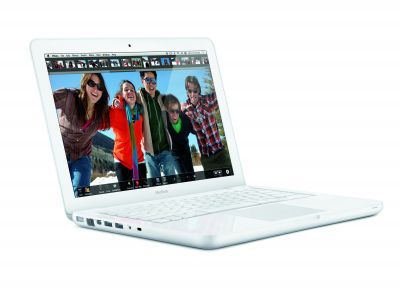How Apple stole Microsoft’s Windows 7 glory

Your support helps us to tell the story
From reproductive rights to climate change to Big Tech, The Independent is on the ground when the story is developing. Whether it's investigating the financials of Elon Musk's pro-Trump PAC or producing our latest documentary, 'The A Word', which shines a light on the American women fighting for reproductive rights, we know how important it is to parse out the facts from the messaging.
At such a critical moment in US history, we need reporters on the ground. Your donation allows us to keep sending journalists to speak to both sides of the story.
The Independent is trusted by Americans across the entire political spectrum. And unlike many other quality news outlets, we choose not to lock Americans out of our reporting and analysis with paywalls. We believe quality journalism should be available to everyone, paid for by those who can afford it.
Your support makes all the difference.Coming out of their most profitable quarter ever, Apple has gone ahead and stolen Microsoft's Windows 7 release-day thunder by announcing an all new lineup of iMacs and upgrading their range of MacBooks - two days before Microsoft releases their newest OS.
Apple's attention-grabbing marketing plan reads like their newly released products -- sleekly designed with just enough innovation to grab your attention, but most of all something that everyone wants to talk about.
The date was precisely planned for maximum coverage -- in the hope that journalists and newspapers would still be discussing their products when Microsoft launched their Windows 7 operating system on October 22.
In many ways Apple have achieved exactly what they set out to do by offering consumers an alternative option to the soon-to-be-released Windows 7. PC consumers have been holding off purchasing a new machine in the lead-up to the release of Windows 7, knowing that computer manufacturers would release new models with the software pre-installed.
Where Apple is really able to command the market is within the mid-to-high-end laptop category. Price-conscious consumers are opting for the smaller and cheaper range of netbooks this year -- an area in which the Windows 7 operating software excels. But the real problem for Windows laptop makers is that the profit margins on netbooks are low. Not to mention that sales of netbooks detract from higher-priced laptop sales.
Those with the money to burn (and surprisingly enough, even given the economic situation, there are many who won't compromise on their digital purchases) are heading to Apple. And now with a newly updated line of MacBooks, Apple can offer consumers a high-end laptop that comes in at under $1000.
Join our commenting forum
Join thought-provoking conversations, follow other Independent readers and see their replies
Comments